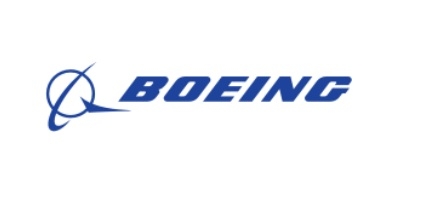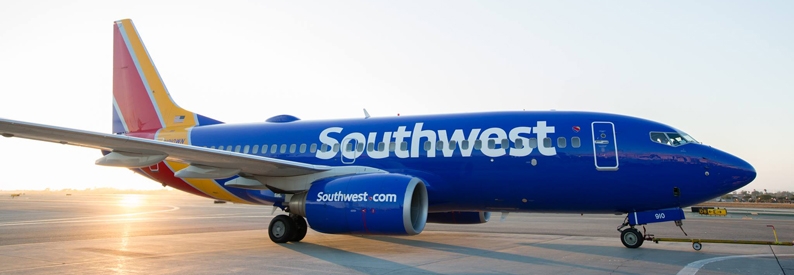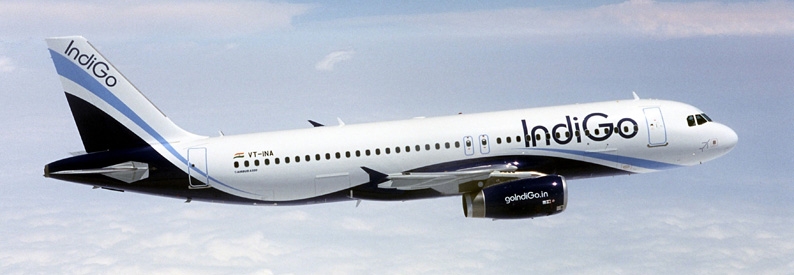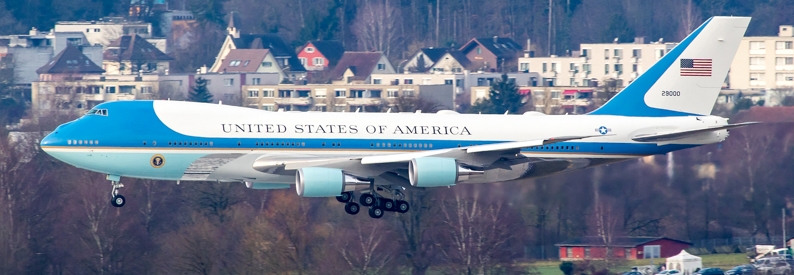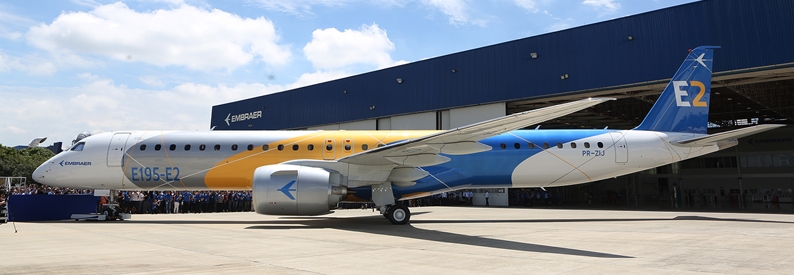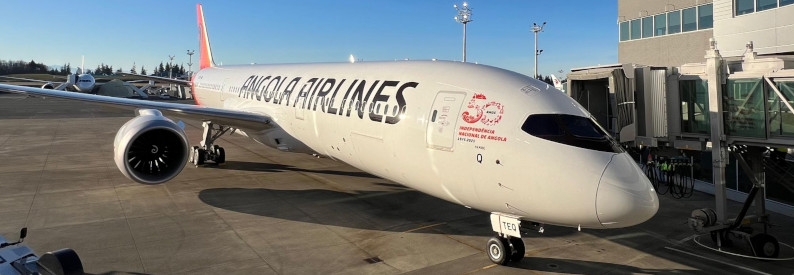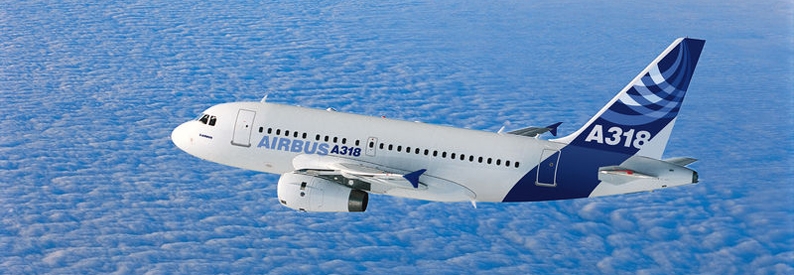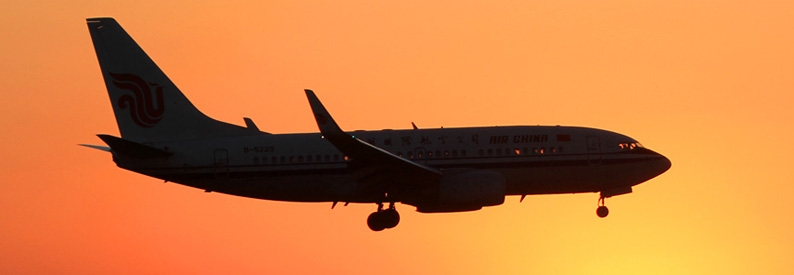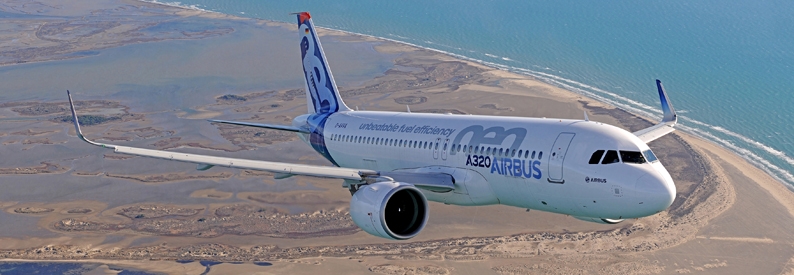The Federal Aviation Administration (FAA) has issued a new airworthiness directive for certain Rolls-Royce Trent 1000-powered B787-8/9s, forcing carriers to limit extended operations (ETOPS) for affected aircraft. The directive has forced British Airways to adjust flight routes on some of its transatlantic services, The Telegraph has reported.
"This AD requires revising the airplane flight manual (AFM) to limit extended operations (ETOPS)... We have determined that updated AFM limitations are needed to minimize the potential for intermediate pressure compressor (IPC) blade failures under certain conditions. We are issuing this AD to address the unsafe condition on these products," the FAA said.
By limiting ETOPS range, the directive effectively forces the affected aircraft to fly within a 60-minute diversion range from a suitable airport.
According to the ch-aviation fleets module, aside from British Airways, other operators of affected Trent 1000 engine variants (the -A2, -AE2, -C2, -CE2, -D2, -E2, -G2, -H2, -J2, -K2, and -L2) include Thai Airways International, Air Europa, Avianca, Ethiopian Airlines, LOT Polish Airlines, Norwegian, Norwegian UK, Scoot, Air New Zealand, Royal Brunei Airlines, Virgin Atlantic, and LATAM Airlines.
On April 17, the FAA restricted ETOPS range of the affected aircraft from 330 to 140 minutes one-engine diversion time. The new directive supersedes the previous one.
In March, Rolls-Royce, in conjunction with the European Aviation Safety Agency (EASA), issued an AD requiring operators of Package C Trent 1000 powerplants to carry out earlier than usual maintenance checks on a specific part of the engine compressor. This check was already required prior to the engine reaching a threshold of 2,000 cycles, although EASA later reduced that timeframe to just 300 cycles.
The new directive does not affect engines which have less than 300 accumulated cycles on the IPC Rotor 2 blades either since entry in service or since refurbishment.
